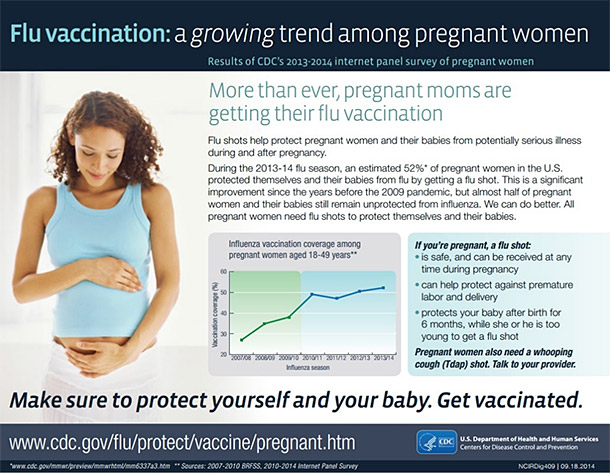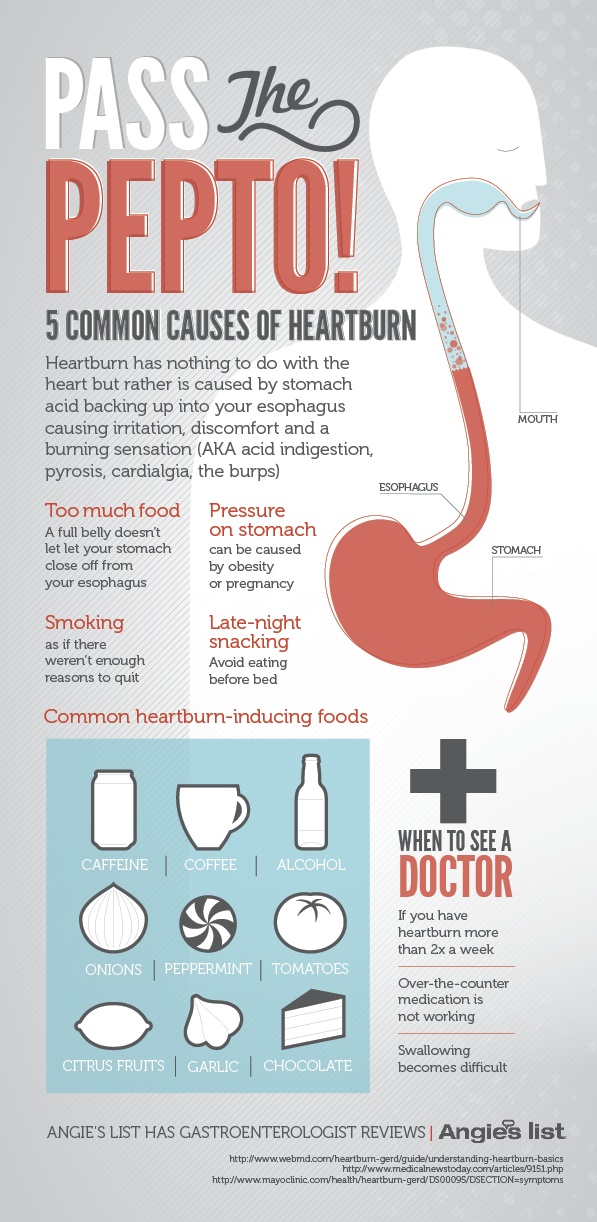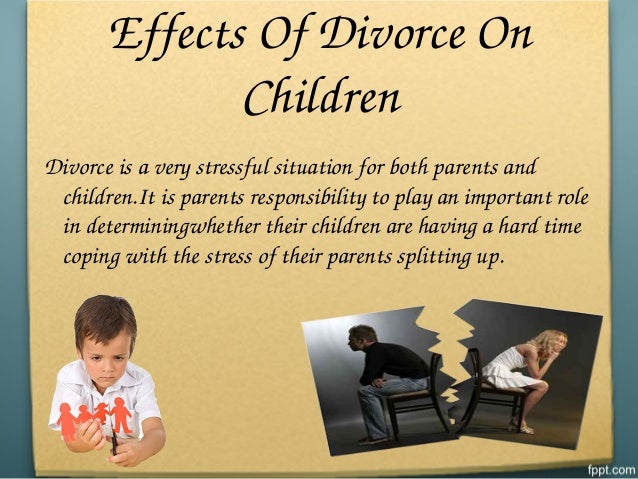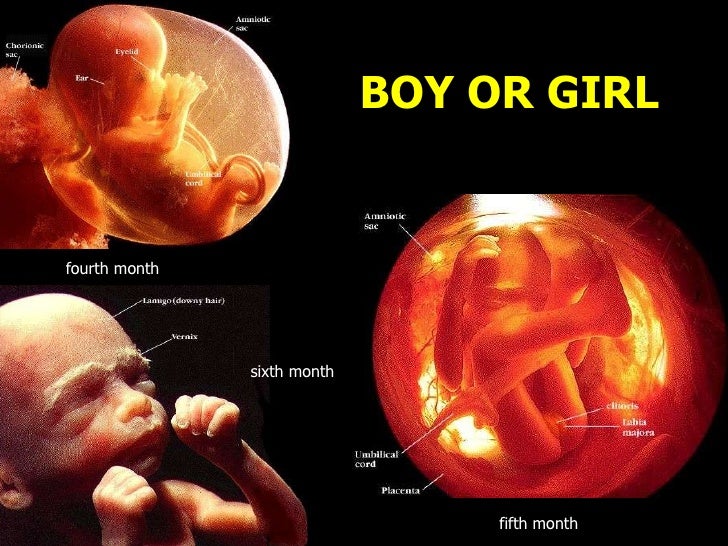Whooping cough vaccine for pregnant women
Whooping Cough Vaccines Are Safe
Whooping cough vaccines are safe. In particular, getting the whooping cough vaccine called Tdap during pregnancy is safe for both women and their babies. The whooping cough vaccine called DTaP is safe for children.
Tdap vaccination during pregnancy is widely supported
In 2012, CDC first began recommending the use of Tdap during pregnancy based on feedback from an outside panel of experts (Advisory Committee on Immunization Practices).
Doctors and midwives who specialize in caring for pregnant women agree that getting Tdap is important and safe during pregnancy. Pediatric and family doctors also support the use of Tdap during pregnancy to provide protection to newborns.
Multiple safety systems, studies support Tdap vaccination in pregnancy
Some may experience side effects from getting Tdap
Most side effects are mild, meaning they do not affect daily activities. They also get better on their own in a few days. The most common side effects from Tdap include:
- Reactions where the doctor gave the shot
- Pain
- Redness
- Swelling
In adults who have received 2 doses of Tdap, the most commonly reported side effect was pain where they got the shot.
Severe side effects are extremely rare.
DTaP is safe for children
DTaP is the name of the whooping cough vaccine for children (2 months through 6 years). DTaP also combines protection against diphtheria, tetanus, and whooping cough, but in different amounts than Tdap. Currently, there are 3 licensed formulations of DTaP. Researchers conducted many different clinical trials on each vaccine to make sure of its safety. Results from clinical trials showed that these vaccines are safe for babies and children. Doctors can safely give DTaP at the same time as other vaccines.
Some babies may experience side effects from DTaP
The most common side effects from DTaP include:
- Reactions where the doctor gave the shot
- Swelling
- Soreness
- Fever
- Irritability (fussiness)
- Feeling tired
- Loss of appetite
- Vomiting
More serious reactions, such as seizures, non-stop crying for 3 hours or more, or high fever (over 105°F) after DTaP vaccination happen much less often.1.jpg) Rarely, vaccination is followed by swelling of the entire arm or leg, especially in older children when they receive their fourth or fifth dose.
Rarely, vaccination is followed by swelling of the entire arm or leg, especially in older children when they receive their fourth or fifth dose.
Pregnant women cannot get whooping cough from Tdap
Tdap cannot give pregnant women whooping cough since the vaccine does not contain any live bacteria. The whooping cough vaccines we use today for children and adults in the United States contain purified, inactivated parts of the bacterium that causes whooping cough (Bordetella pertussis).
Learn more about different types of vaccines and which CDC recommends for pregnant women.
Breastfeeding is safe after getting Tdap
Getting Tdap while breastfeeding is safe for women and their babies. Women can and should get Tdap if they plan to breastfeed or are currently breastfeeding. There are, however, some vaccines that CDC does not recommend women get while breastfeeding.
Learn more about how breastfeeding may pass some protective antibodies from the mom onto her baby.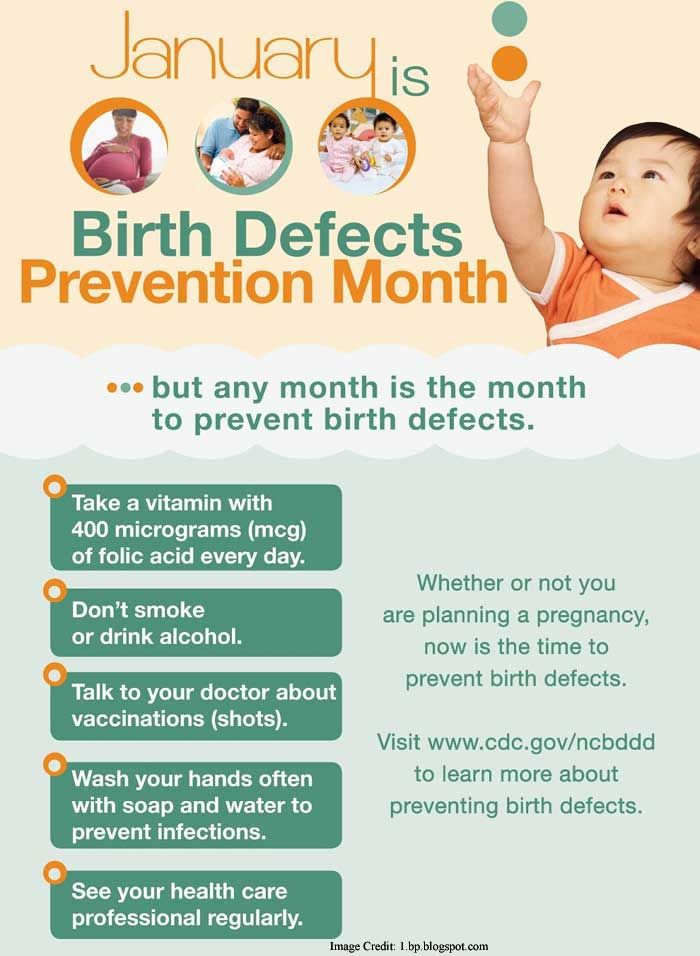
It is safe to get a whooping cough and flu vaccine at the same time
Women can get Tdap and a flu vaccine at the same time during pregnancy. They can also get them at different visits. If women are pregnant during flu season, September and October are generally good times to get vaccinated. But they can get a flu vaccine at any point during pregnancy. Women do not have to wait until later in their pregnancy to get a flu vaccine, like CDC recommends for Tdap.
Pregnant women can safely get Tdap even if they recently got a tetanus vaccine
It does not matter when someone got their last tetanus vaccine (Td or Tdap)—women still need Tdap during each pregnancy.
Whooping cough vaccines do not contain thimerosal
None of the whooping cough vaccines (Tdap and DTaP) currently used in the United States contain thimerosal.
Get the Whooping Cough Vaccine During Each Pregnancy
Español (Spanish) | Print
Women can give their babies protection against whooping cough (pertussis) before their little ones are even born.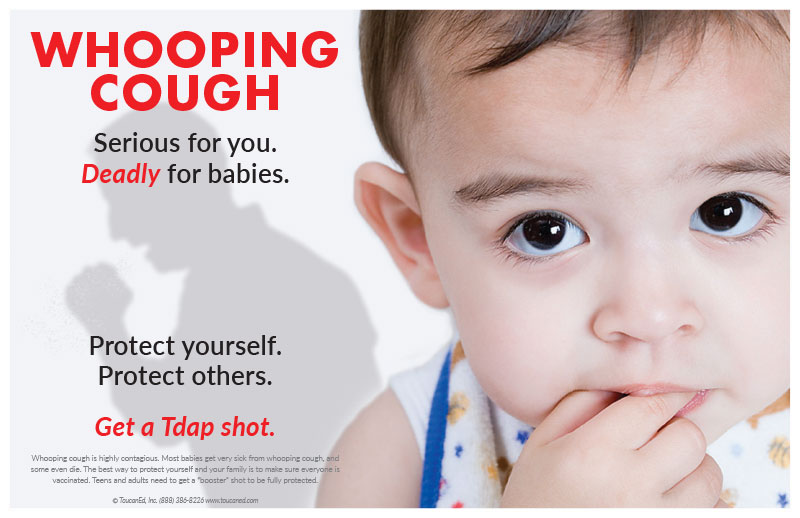 Talk to your doctor or midwife about getting a whooping cough vaccine (called Tdap) during your third trimester of pregnancy.
Talk to your doctor or midwife about getting a whooping cough vaccine (called Tdap) during your third trimester of pregnancy.
Whooping cough is a serious disease that can be deadly for babies. Unfortunately, babies do not start building their own protection against whooping cough until they get vaccinated at two months old. This leaves babies unprotected in the first months of life when they are at highest risk of getting very sick if they get whooping cough.
CDC and maternal, infant health providers support Tdap vaccination during pregnancy
CDC recommends all women receive Tdap during the 27th through 36th week of each pregnancy, preferably during the earlier part of this time period. The following medical associations dedicated to the health of pregnant women or children support this recommendation:
- American College of Obstetricians and Gynecologists
- American College of Nurse-Midwives
- American Academy of Pediatrics
- American Academy of Family Physicians
Getting Tdap during pregnancy passes protection to baby
After a woman receives Tdap, her body creates protective antibodies and passes high levels of them to her baby before birth.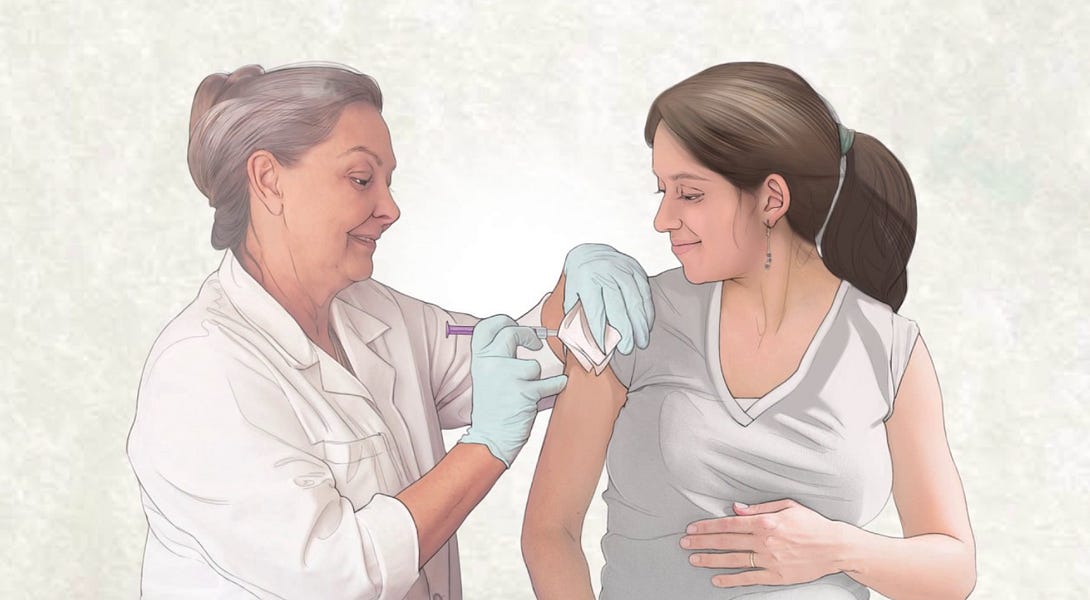 These antibodies provide the baby with some short-term protection against whooping cough in early life.
These antibodies provide the baby with some short-term protection against whooping cough in early life.
Getting Tdap between 27 through 36 weeks of pregnancy lowers the risk of whooping cough in babies younger than 2 months old by 78%.
These antibodies can also protect the baby from some of the more serious complications, including hospitalization, that come along with getting whooping cough.
Early third trimester vaccination in every pregnancy offers best protection
Protective antibodies are at their highest about 2 weeks after getting vaccinated, but it takes time to pass them to the baby. So, the preferred time to get Tdap is early in the third trimester.
The amount of whooping cough antibodies in the body decreases over time. That is why CDC recommends women get Tdap during each pregnancy, even if their pregnancies are only a year or two apart. Doing so allows each of their babies to get the greatest number of protective antibodies and best protection possible.
Vaccination after delivery leaves baby without protective antibodies
If a woman did not get Tdap during pregnancy and has never received it before, she can get it after her baby is born. It will take about 2 weeks for her body to develop the highest protection (antibodies) in response to the vaccine. Once she has protection from the vaccine, she is less likely to give whooping cough to her newborn while caring for them. But remember, the baby will still be at risk for catching whooping cough from others.
Learn why Laura decided to get the whooping cough vaccine in her 3rd trimester of pregnancy and how her baby girl was born with some protection against the disease.
Also available on YouTube.
Safe for mom and baby
Tdap is very safe for pregnant women and their babies. Tdap cannot give pregnant women whooping cough. Getting vaccinated during pregnancy will not increase your risk for pregnancy complications. Learn more about safety and side effects.
Blood tests cannot tell if you need a Tdap vaccine
Experts do not know what level of whooping cough antibodies is needed to protect anyone, including babies, from getting sick. That is why CDC recommends all women get Tdap during each pregnancy — even women with some antibodies due to a previous infection or vaccination. The goal is to give each baby the greatest number of protective antibodies possible.
That is why CDC recommends all women get Tdap during each pregnancy — even women with some antibodies due to a previous infection or vaccination. The goal is to give each baby the greatest number of protective antibodies possible.
Breastfeeding may pass some protective antibodies onto baby
Women can pass some whooping cough antibodies to their baby by breastfeeding. By getting Tdap during pregnancy, women will have these antibodies in their breast milk as soon as their milk comes in. However, their baby will not get protective antibodies immediately if they wait until their baby is born to get vaccinated. This is because it takes about 2 weeks for the body to create antibodies. Learn more about the health benefits of breastfeeding.
- Information about whooping cough in English and en Español
- Hear what whooping cough sounds like
Top of Page
Last Reviewed: December 1, 2022
Source: National Center for Immunization and Respiratory Diseases, Division of Bacterial Diseases
- Pertussis (Whooping Cough)
- Immunization for Women (ACOG)External file_external
- Whooping Cough Outbreak Trends
- Pertussis Materials
Fomin's clinic - a network of multidisciplinary clinics
You probably know that in the modern world there is a fierce struggle. And this is not about military conflicts or political strife, but about clashes between supporters of vaccination and anti-vaccinationists who claim that vaccination is a real universal evil that causes irreparable consequences - pathologies and disorders. Nevertheless, pregnant women and newborns are the most vulnerable groups, which can be taken care of by timely vaccination. nine0003
And this is not about military conflicts or political strife, but about clashes between supporters of vaccination and anti-vaccinationists who claim that vaccination is a real universal evil that causes irreparable consequences - pathologies and disorders. Nevertheless, pregnant women and newborns are the most vulnerable groups, which can be taken care of by timely vaccination. nine0003
What diseases should a pregnant woman be vaccinated against?
Pregnancy is stressful for the body, and therefore it functions differently than before or after it. It is because of a weakened immune system that the risk of severe influenza in pregnant women is much higher than in non-pregnant women. Influenza can not only cause premature birth, but also harm the health of the unborn baby.
Influenza vaccination is strongly recommended by all world medical organizations (including the well-known World Health Organization). There are controversial opinions about vaccination in the first trimester, therefore, if it does not fall in autumn or winter - the most dangerous months for the active spread of the disease, it is better to get vaccinated in the II-III trimester.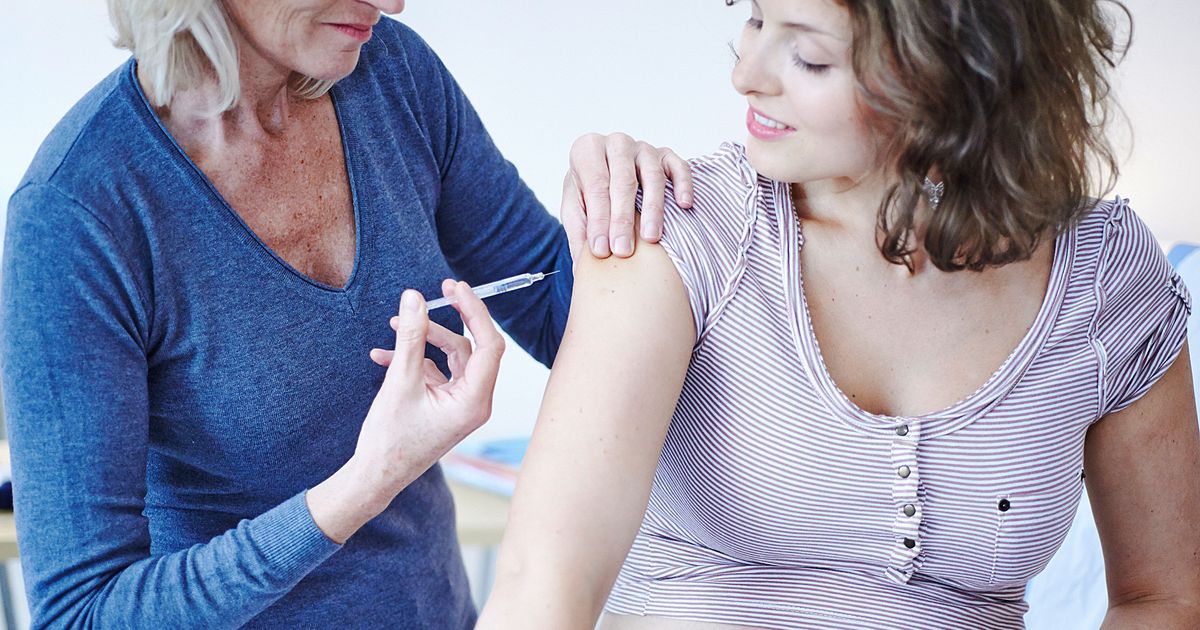 nine0003
nine0003
Get vaccinated
When you get vaccinated against influenza, it primarily has a preventive effect directly for you - the expectant mother, but the whooping cough vaccine is about taking care of the baby's health. The woman who received the vaccine will pass antibodies to the child in utero - and this will save him from the disease in the first months of life, because for the newborn it can be fatal.
Whooping cough is difficult to recognize immediately, because it does not always manifest itself with a characteristic cough - at one moment breathing can simply stop, although there were no visible symptoms. For your baby's safety, you should get the whooping cough vaccine (along with diphtheria and tetanus) during every pregnancy - best done in the third trimester. nine0003
No, not dangerous.
There is a myth that you can get the flu after vaccination. It is impossible to catch the flu from a vaccine, since the vaccine does not contain the whole virus, but only its parts - antigens.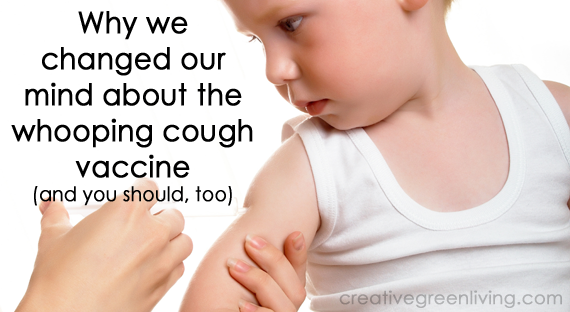 Antibodies are produced against these antigens, our defending cells. And the next time our body encounters a virus, already real, our antibodies will actively destroy the viral particles.
Antibodies are produced against these antigens, our defending cells. And the next time our body encounters a virus, already real, our antibodies will actively destroy the viral particles.
Many people do not consider it necessary to get vaccinated because they think that the vaccine protects against only a few strains of influenza, and there are many. But every year the vaccine contains precisely the actual strains for this season and this territory. So mass vaccination forms a stable herd immunity. Immunity after vaccination lasts for a year, so the flu shot is annual. nine0003
In some cases, pregnant women need additional vaccinations:
Vaccination against hepatitis B. The immunobiological preparation does not contain live or whole virus. According to medical research and statistics, this hepatitis shot is safe for a child. However, the vaccine is recommended for expectant mothers who are at risk of infection with this type of hepatitis (for example, if a loved one is infected).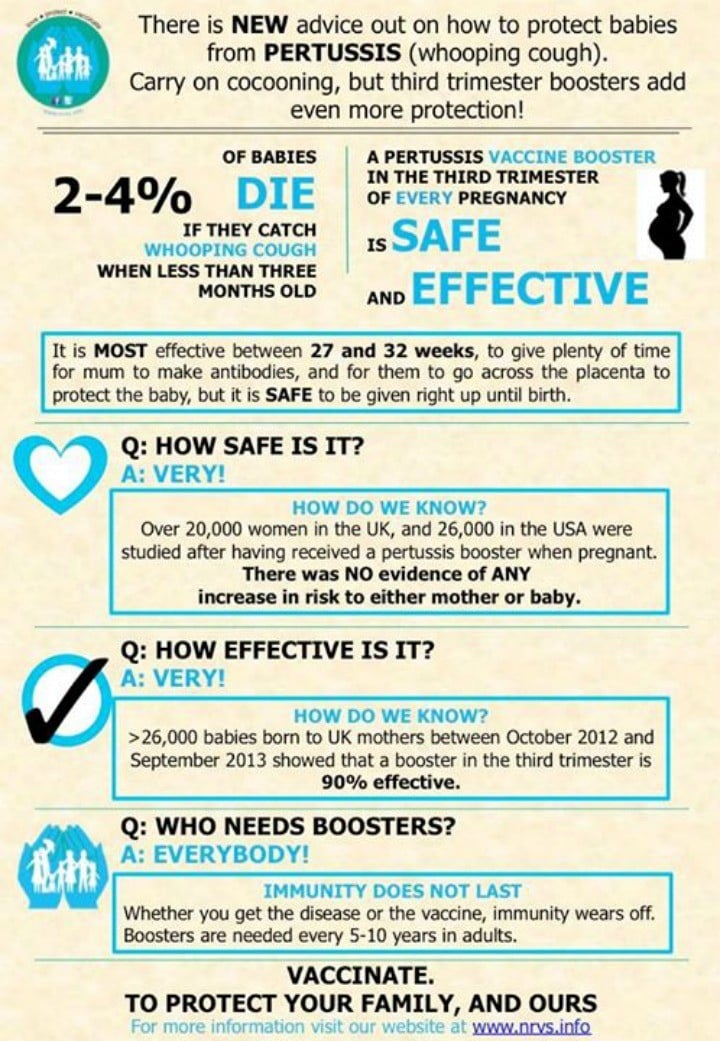 If the likelihood of the disease increases, then the pregnant woman is given emergency vaccination and a specific immunoglobulin is administered. nine0003
If the likelihood of the disease increases, then the pregnant woman is given emergency vaccination and a specific immunoglobulin is administered. nine0003
Vaccination against hepatitis A. Hepatitis A can be contracted through contact with objects that contain the virus, after drinking contaminated water or food. The immunobiological preparation contains an inactivated virus, and therefore the likelihood of its negative effect on the fetus is minimal. Vaccination is carried out if the risk of infection increases. This is possible if a pregnant woman enters a region unfavorable for hepatitis A or doctors suspect that contact with the virus has already taken place. In some cases, human normal immunoglobulin is given with the vaccine. nine0003
Rabies vaccination. Infection usually occurs after the bite of a sick animal. The rabies virus is quite strong and dangerous, with the development of the disease provokes death. It is for this reason that rabies vaccination is an urgent and necessary measure.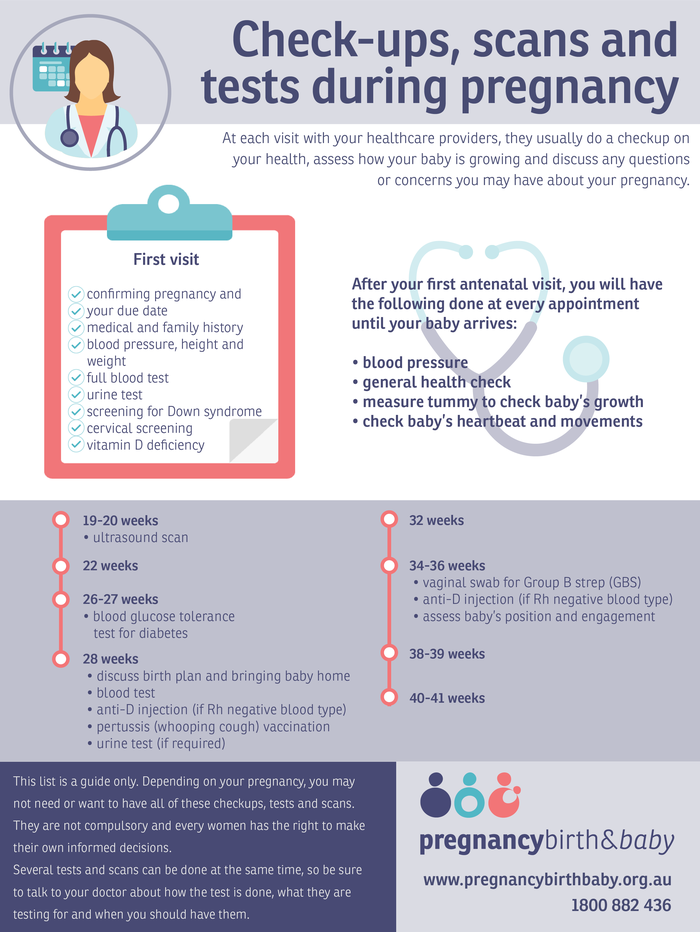 The vaccine contains an inactivated virus, so the drug is considered safe for the fetus. If the bites and injuries are severe, then the victim is injected with a specific immunoglobulin.
The vaccine contains an inactivated virus, so the drug is considered safe for the fetus. If the bites and injuries are severe, then the victim is injected with a specific immunoglobulin.
Meningococcal vaccination may also be recommended by a doctor during pregnancy in the event of a meningococcal outbreak or if traveling to an area endemic for meningococcal disease. nine0003
The possibility of vaccinating a pregnant woman against pneumococcal infection may be considered by a doctor for women who have chronic respiratory diseases during the II-III trimesters of pregnancy.
Pregnant women are not vaccinated if the vaccine contains live attenuated
cultures of pathogens. These drugs include vaccines: measles, rubella, chicken pox, mumps, BCG.
In order to protect yourself and your baby from possible infectious dangers, it is necessary to get the necessary vaccinations before pregnancy. nine0003
If the risk of getting sick appeared during pregnancy (the pregnant woman was not vaccinated on time and there was contact with the patient), then specific prophylaxis is carried out with immunoglobulins.
In our clinic, also, when planning a pregnancy, it is possible to vaccinate MMR (measles, mumps, rubella vaccine) - a combined attenuated live vaccine against infections: mumps, rubella and measles.
Follow us
Vaccination of pregnant women against whooping cough. Complication study
Current vaccination recommendations include a single dose of pertussis vaccine for pregnant women. This is done in order to protect babies from whooping cough for up to two months - that is, until the age when they themselves can be vaccinated.
Whooping cough vaccination. About the duration of post-vaccination immunity
The average duration of protection against whooping cough after vaccination ...
A study investigating the safety of this approach found that vaccination of pregnant women against whooping cough was not associated with an increased risk of preterm birth or risk of underweight fetus. nine0003
There are 2 types of pertussis vaccines: vaccines with regular pertussis content - they are only suitable for children under 7 years old, and vaccines with reduced pertussis content - are intended for vaccination of persons over 11 years of age, including pregnant women (unfortunately, in There are no vaccines of this type registered in Russia).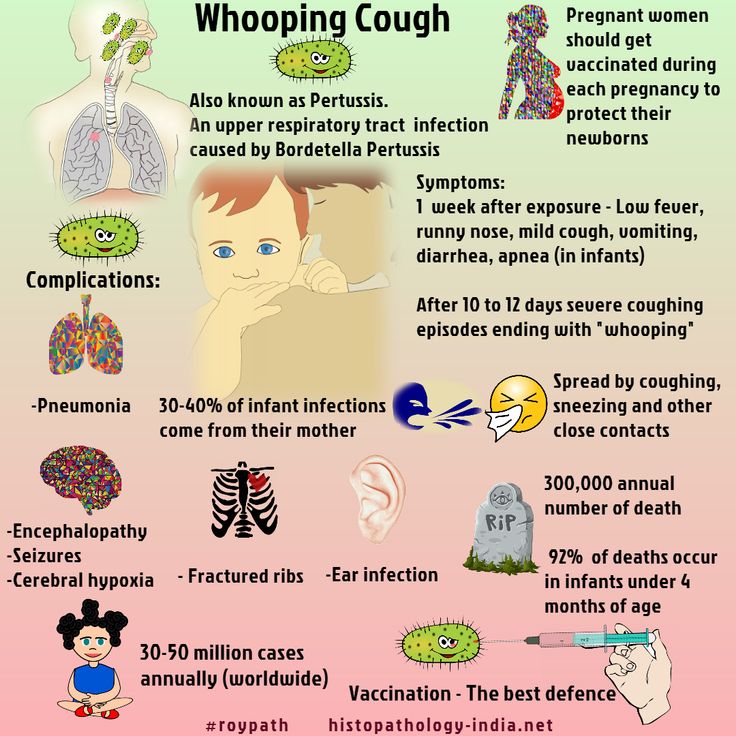
In this study, published in JAMA, the authors examined the outpatient records of 123,494 pregnant women, a subset of whom were vaccinated with Tdap, to identify and investigate the incidence of adverse reactions to this vaccine in pregnant women. nine0003
NOTICE: Vaccination of pregnant women with acellular diphtheria-tetanus-pertussis (AaDTP) vaccine currently appears to be safe and may protect newborns from whooping cough until the infant is immunized. These conclusions were reached by the authors of a preliminary study published in JAMA (Journal of the American Medical Association). Read more: VACCINATION OF PREGNANT WOMEN AGAINST PERTUSSIS. SAFETY ISSUES
"The pertussis vaccine (Tdap) is recommended for use in all pregnant women, but safety data are very limited. We decided to fill this gap," say the authors. nine0003
Tdap vaccine protects against tetanus and also contains reduced doses of diphtheria toxoid and pertussis component. After the introduction of the vaccine, antibodies begin to be produced in the woman's body, some of which will be transferred to the fetus transplacentally, and will protect the baby from whooping cough in the first months of life.
After the introduction of the vaccine, antibodies begin to be produced in the woman's body, some of which will be transferred to the fetus transplacentally, and will protect the baby from whooping cough in the first months of life.
Pregnancy and vaccinations
Targets for vaccination during pregnancy planning ...
The Centers for Disease Control and Prevention (CDC) recommends giving the Tdap vaccine to pregnant women during the third trimester of each pregnancy, between weeks 27 and 36. nine0003
This is a relatively new recommendation. When the Tdap vaccine was first licensed in 2005, it was not intended for pregnant women.
However, high infant mortality and widespread whooping cough in California led to the first introduction of routine pertussis vaccination of pregnant women with the Tdap vaccine in 2010 in this US state.
Whooping cough is an infectious disease that is characterized by uncontrolled severe hacking cough. Whooping cough cough lasts for several months, and is often accompanied by complications, such as stopping breathing after a coughing fit. Such respiratory arrest is especially dangerous for children of the first year of life, who sometimes (more often than at any other age) die from whooping cough. nine0003
Such respiratory arrest is especially dangerous for children of the first year of life, who sometimes (more often than at any other age) die from whooping cough. nine0003
This study was authored by Dr. Elyse Kharbanda, who, along with her colleagues, analyzed electronic patient records from the California Vaccine Safety Datalink database.
NOTE: A study published in the journal Pediatrics came up with interesting findings: whooping cough is transmitted to infants much more often from siblings than from mothers . These results may change the strategy of vaccination and other preventive measures aimed at protecting against whooping cough at the most vulnerable age - in the first months of life. Read more: Whooping cough in infants. ABOUT SOURCES AND VACCINATION STRATEGIES
Of the 123,494 pregnant women whose outpatient records were assessed in this study, (21%) received the Tdap vaccine during pregnancy.
After reviewing the results, the researchers found that Tdap vaccination was not associated with hypertension, low gestational age, or an increase in preterm birth.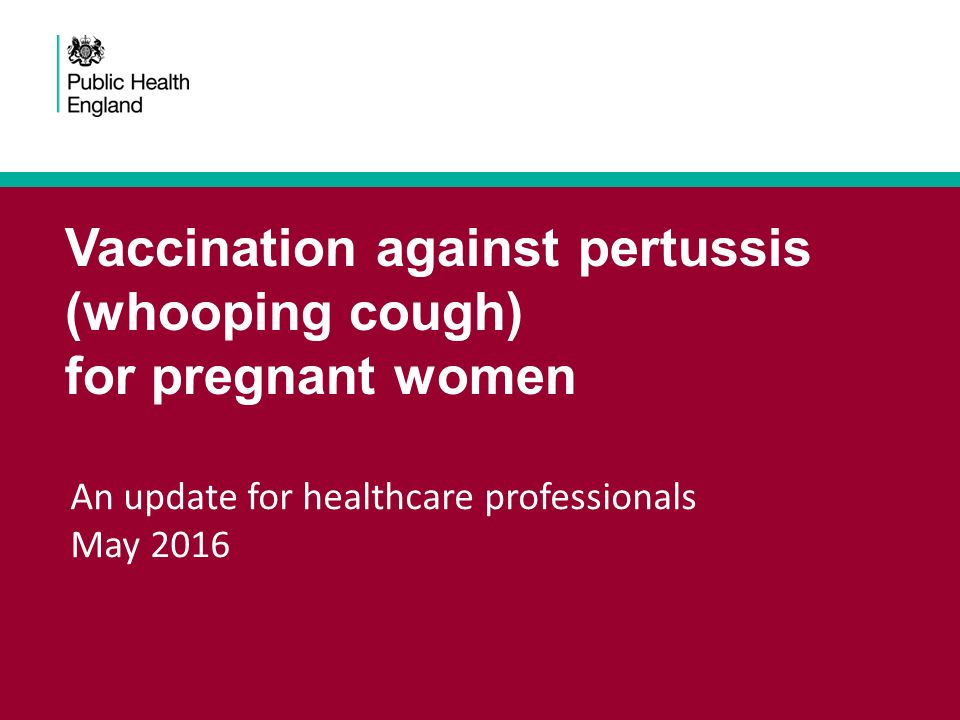
Of women who received Tdap during pregnancy, fetal immaturity occurred in 8.4% and preterm delivery occurred in 6.3% of cases. These data were compared with those of unvaccinated women and no statistically significant differences were found. In unvaccinated women, fetal immaturity occurred in 8.3%, and preterm birth in 7.8% of cases. nine0003
There has been a slight increase in the risk of chorioamnionitis, an inflammation of the membranes surrounding the fetus. In women who received Tdap, this risk was 6.1%, compared with 5.5% in women who did not receive the vaccine.
Influenza during pregnancy
As usual, a seasonal increase in activity is expected at this time of the year...
This risk was lower in women vaccinated between 27 and 36 weeks of gestation.
According to the authors, this is the only significant complication of Tdap in pregnant women, which, moreover, has a rather low frequency.